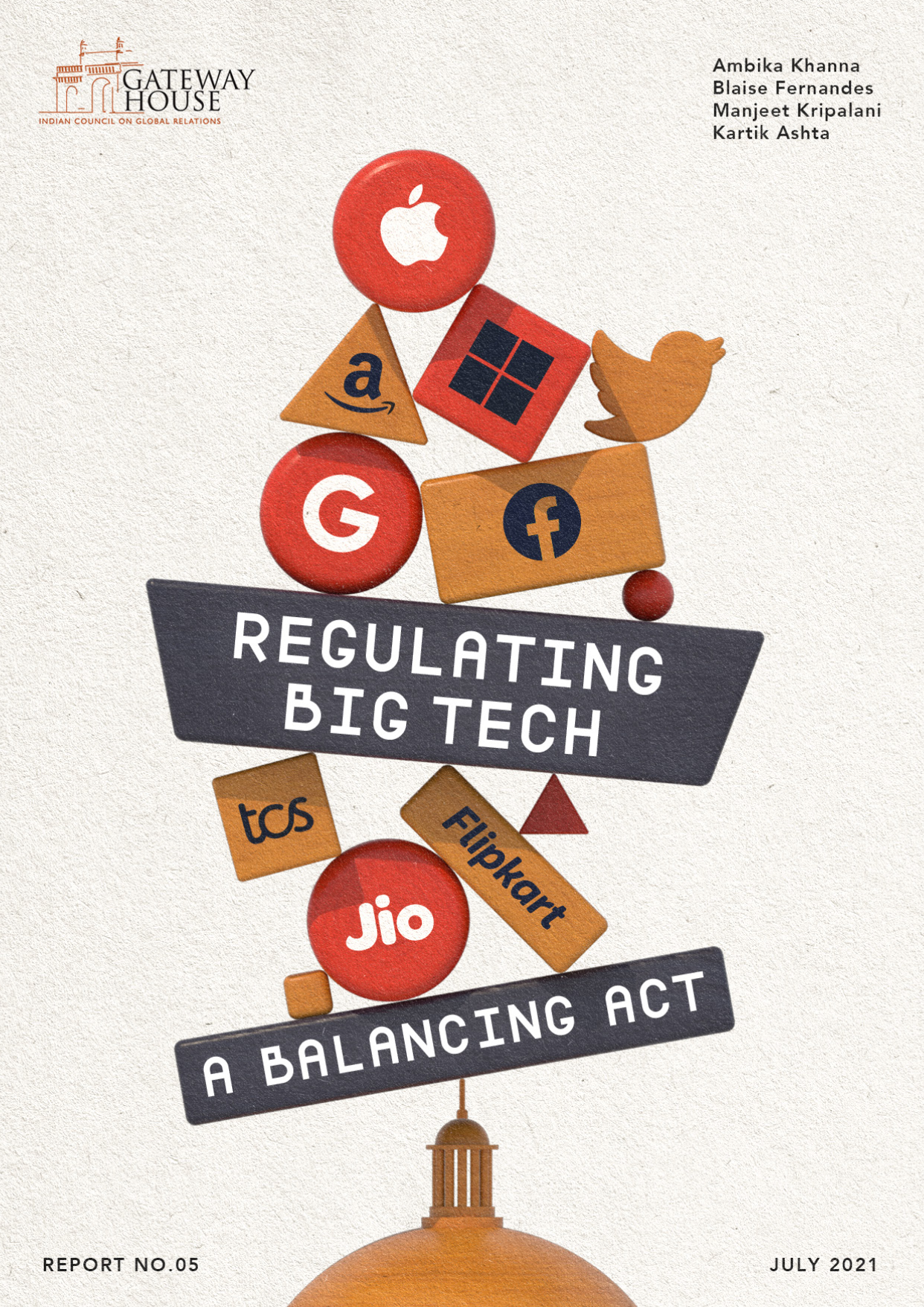 Courtesy: Gateway House
Courtesy: Gateway House
Big Tech is powerful and its profits are growing - by 105% over the last year. It dominates economies. This raises concerns about data protection and privacy, anti-trust, fintech and the specific role of intermediaries. India is leading the way on fintech, but is behind several countries and institutions on digital rules. It is important to establish laws and rules to govern technology – whether domestic or through multilateral bodies – with the aim to strike the right balance between innovation and regulation.
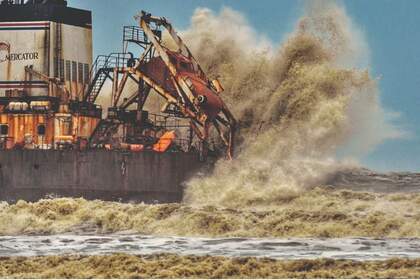 Courtesy: PTI
Courtesy: PTI
Incidents such as the recent ONGC barge disaster underline the absence of effective class action suits in India. Tougher action on neglect and liability is vital to assure safety, prevention measures and minimise incidents of negligence. How can India move in the direction of accountability to make it a better abode for employment and business?
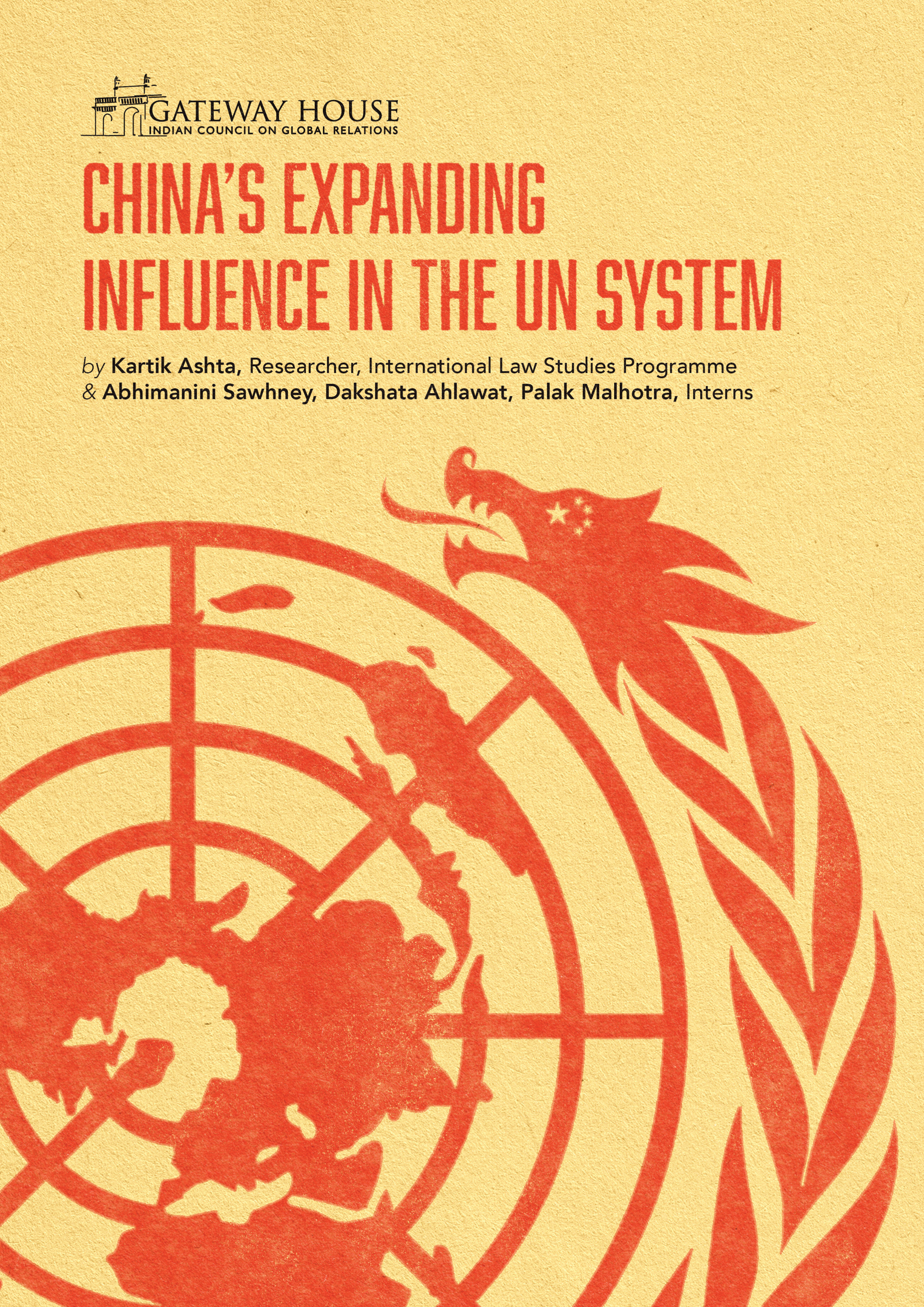 Courtesy: Gateway House
Courtesy: Gateway House
China has been steadily increasing its influence within the United Nations using a combination of increased funding, strategically placing its key officials and selecting the most influential agencies and bodies to lead. The clusters of agencies headed by China are directly and indirectly linked to its domestic agendas like the Belt and Road Initiative, Make in China 2025 and the rise of Chinese companies. The world is just starting to take notice - and so must India.
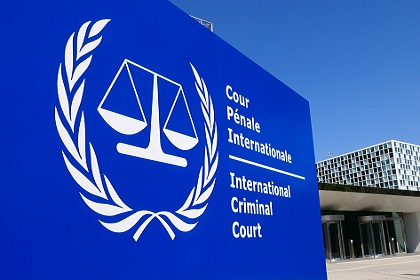 Courtesy: Shutterstock
Courtesy: Shutterstock
On 3 March 2021, the Office of the Prosecutor at the International Criminal Court (ICC) at the Hague, commenced an official investigation into Israel and Palestinian Armed Groups' alleged war crimes committed in the occupied territories of Palestine since July 2014. Palestine, which referred the case, is a member of the ICC, but Israel is not. Does the ICC have any jurisdiction in these cases? Will US support for Israel play a role? The three instances in the table show precedents in similar matters.
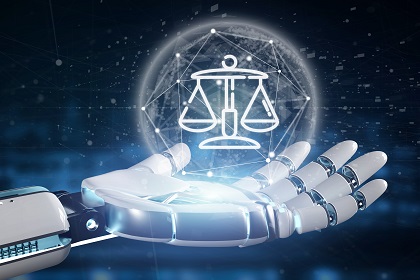 Courtesy: Shutterstock
Courtesy: Shutterstock
Individuals now generate copious amounts of personal data everyday – both online and offline. Devices and infrastructure extract data, which can be shared instantly across borders with diverse entities - without consent. It is imperative that countries come together to create regulations to protect individuals who are unable to control how their data is shared and processed. A model already exists in the Paris Climate Agreement.
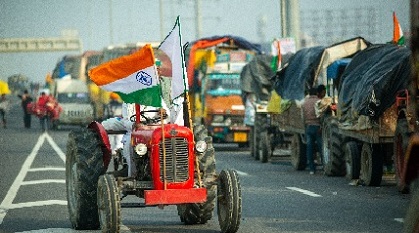 Courtesy: Shutterstock
Courtesy: Shutterstock
The Jan 26 riots by the protesting Punjab farmers, is a set back both to the reform of India's domestic agriculture sector, and to the country's external agriculture trade. Nevertheless, willing farmers and communities can improve their engagement with the market, start inter-state trade, and build the farming infrastructure necessary to prepare for a fully free agriculture market. This will ready India to fulfil its commitments and find its rightful place in the international trade system.
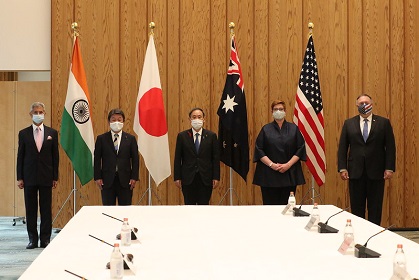 Courtesy: Shutterstock
Courtesy: Shutterstock
Should the Quad be formalized? It has evolved from a crisis response group in 2004 to a strategic partnership today between the four member-countries – India, the U.S., Australia and Japan. There are benefits and challenges to the institutionalisation of the Quad which require timely analysis, especially as the group has renewed vigour this year with the COVID-19 pandemic and China’s aggression in the Indo-Pacific region.









